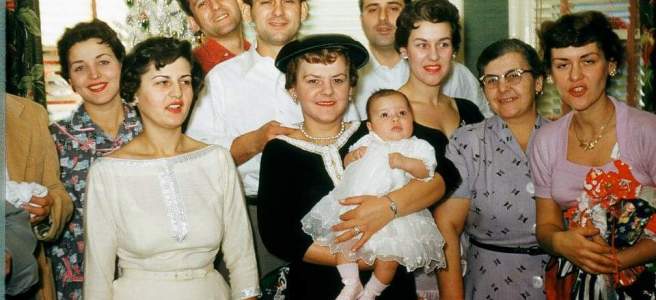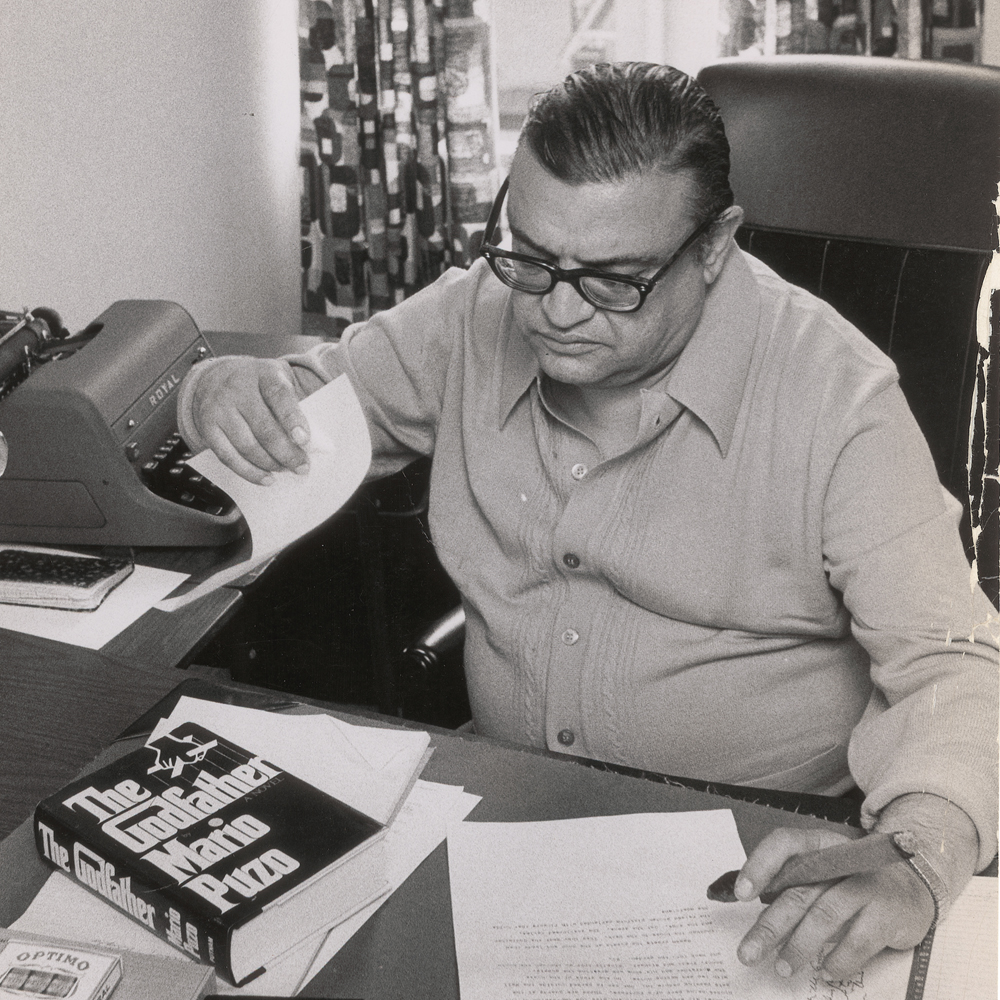THE SUBSTITUTE SISTER
“Our memories are searching for a way home from the wilderness.”
Li Jinfa (1900-1976)
I was a mama’s boy. I don’t recall, but was reminded often, how on the first day of school my mother had to drag me into the classroom as I slobbered and bawled. It was a bad start for a troubled kid prone to trouble from the get-go. My mom, a kind and beautiful woman, plagued by poverty, four children and a passionate but unreliable husband put me in the hands of the good Sisters for what was to become 12 years of Catholic education, first by Nuns, then by Priests. I was a poor student from the beginning. I could not follow directions, I talked out of turn, was reprimanded often and was easily moved to tears. I angered the Nuns and my mother. I colored outside the lines using only black. I hated going to school, I hated returning home. I felt cursed.
I was smart and knew how to read before I started kindergarten. However I could neither focus nor sit still, and worse yet, I was willful and sullen. I no longer cried when punished, even when struck by the Nuns with the hard wooden paddle. I often day dreamed, looking out the window imagining the lives behind the clotheslines that draped the tenements across the alley or sat drawing what I thought to be the interior organs of the human body. “He’s intelligent”, my mother was told, “but he’s lazy.” “He just doesn’t want to do the lessons.” My homework, never started, rotted in the bottom of my school bag.
This was a world of large families in tight knit neighborhoods, divided by class, race and ethnicity, all cramped into the towering concrete upsurge of New York City. These were the days of Sputnik and Telstar, the Cold War and the Cuban Missile Crisis. We were often drilled; herded down to the school basement in the event of an atomic war. At age eight I knew that crouching underground would not save me from the Bomb. I was certain that the war would start and certain that the world would end.
I think I was always an atheist. I had a dream, back then, that the school yard was filled with Nuns frantically running to and fro, jerking about like puppets. I was horrified and lunged at one tearing off her habit only to find the crucified Christ. I awoke instantly. At school the next day I stared up at the looming figure of my teacher, Sister Phillip Mary, then to the cross upon the wall and back to the Nun. She looked down at me. I noticed her upper lip. It was hairy.
She fell ill and for a short time and I had a substitute Sister who’s name I cannot remember. I recall that she was young, beautiful and kind. She brought a dynamism to the classroom as she energetically wrote on the board going from topic to topic yet always seeming to keep on the subject at hand. At one point she mimicked the lumbering gait of a gorilla. I was fascinated. Soon she was talking about an ancient Greek and a cave and shadows and light and then about a chariot drawn by two horses and passion and reason and a man who flew too close to the sun and fell back to the earth as his wings were not his own and somehow I got it, I got it all and I knew that there was another truth beyond the grim tale of sin, punishment, and blind obedience to the rules of God and man.
Sister Phillip Mary returned and the dull economy of rote learning came with her. I remained an intractable student, even more so. I was exiled to the “slow class”. I continued to not pay attention, not do my homework, to talk out of turn, shout out answers that no one else knew and draw the organs of the human body. Now, however, I had a spark, a secret joy within me. I had an inkling of who I was; someone smart and not always good. I was reading the encyclopedia from A to Z and library books on archeology, science, history and poetry. I radiated defiance. I was on another path, perhaps to hell, but one of my one choosing.
Bio:
Joseph Bocchicchio was born in Brooklyn and raised in Queens, NYC. He moved to Ohio and attended Kent State University where he studied History, Philosophy and Public Health. While in Ohio he met and married his wife Victoria. They have two children, now grown with kids of their own. Joseph worked for 24 years in Community Mental Health in Crisis Intervention and Suicide Prevention. Joe is also an activist and community organizer having facilitated Poverty, Creative Writing and Theater of the Oppressed Workshops for the indigent and working poor. He also did grass roots organizing for opiate addiction treatment and suicide prevention for the Last Letter Project in Akron, Ohio. Joe is now retired and living in Boston, Massachusetts with Victoria. Joe works part time for The Old South Meeting House Museum and Historic Site where he researches and does presentations on various historical topics. His poetry and creative non-fiction have appeared in Ovunque Siamo, Cut-Throat, Up-street, Jawbone, Entropy, Panning for Poems, Enclave, and The Daily Clout. He also has an entry in a Wick Poetry Center’s Chap Book, River of Words, from the 2017 Edith Chase Symposium conducted at Kent State University. He also has poetry accepted for Kent State University’s Wick Poetry Center’s Traveling Stanzas project.



